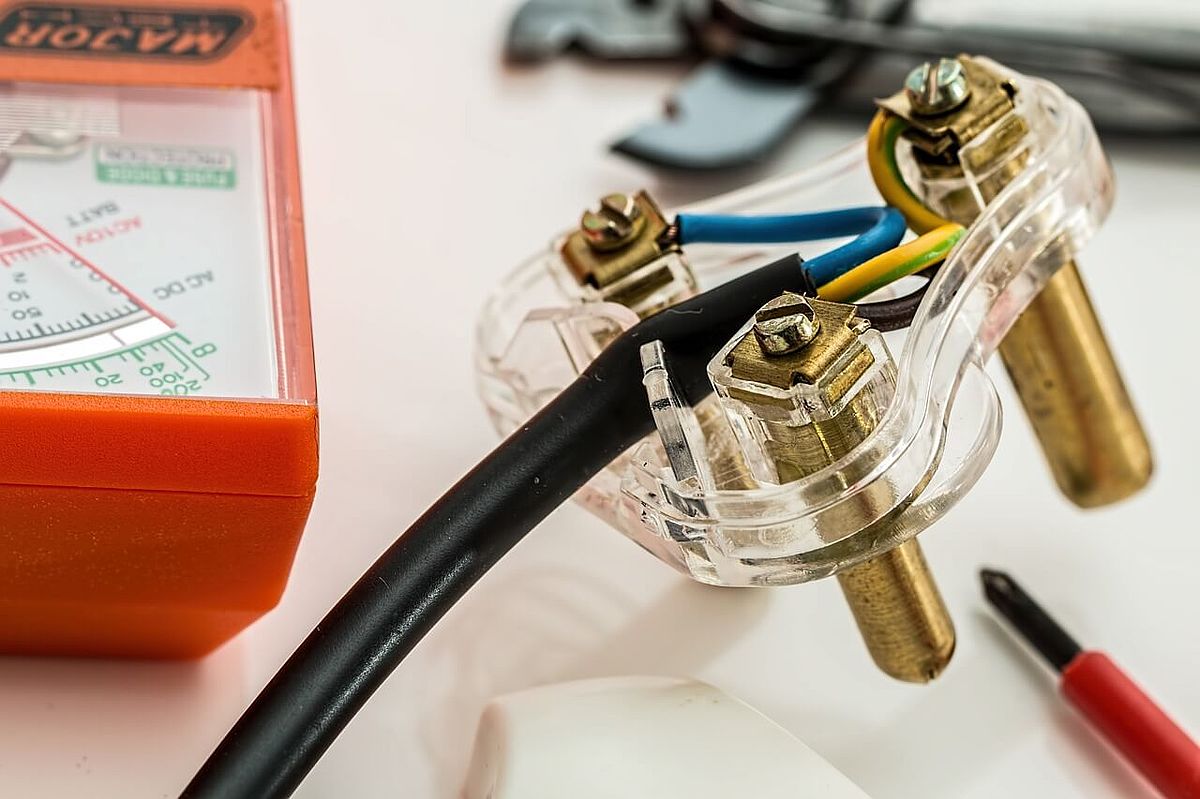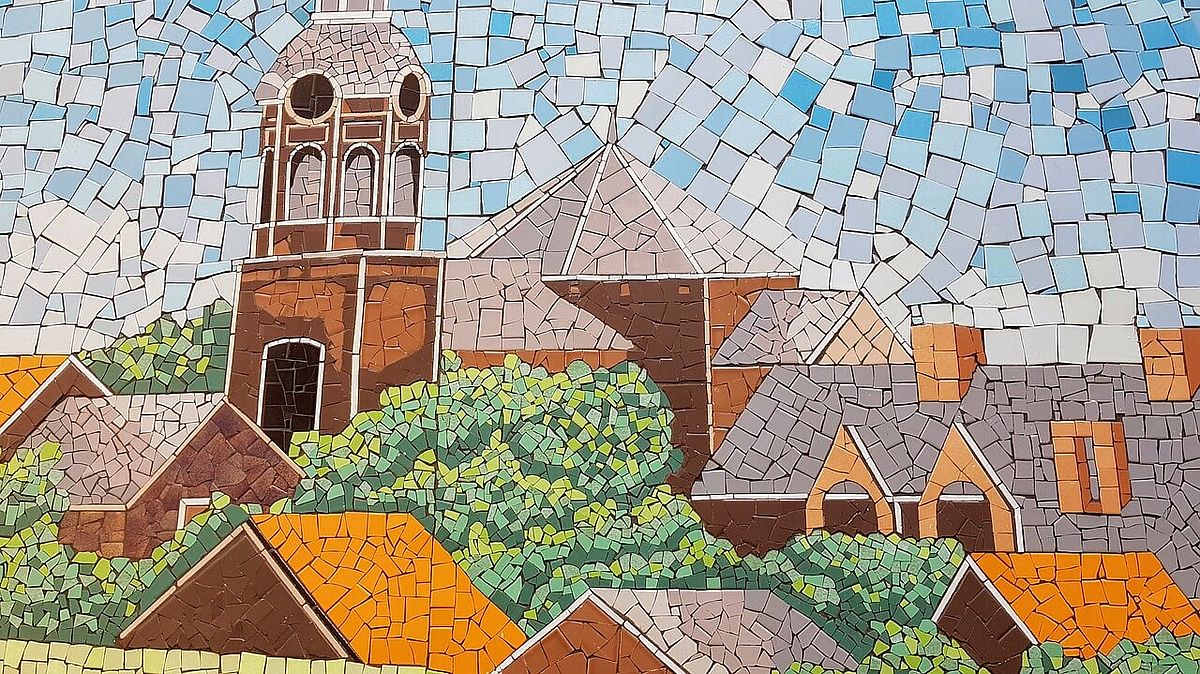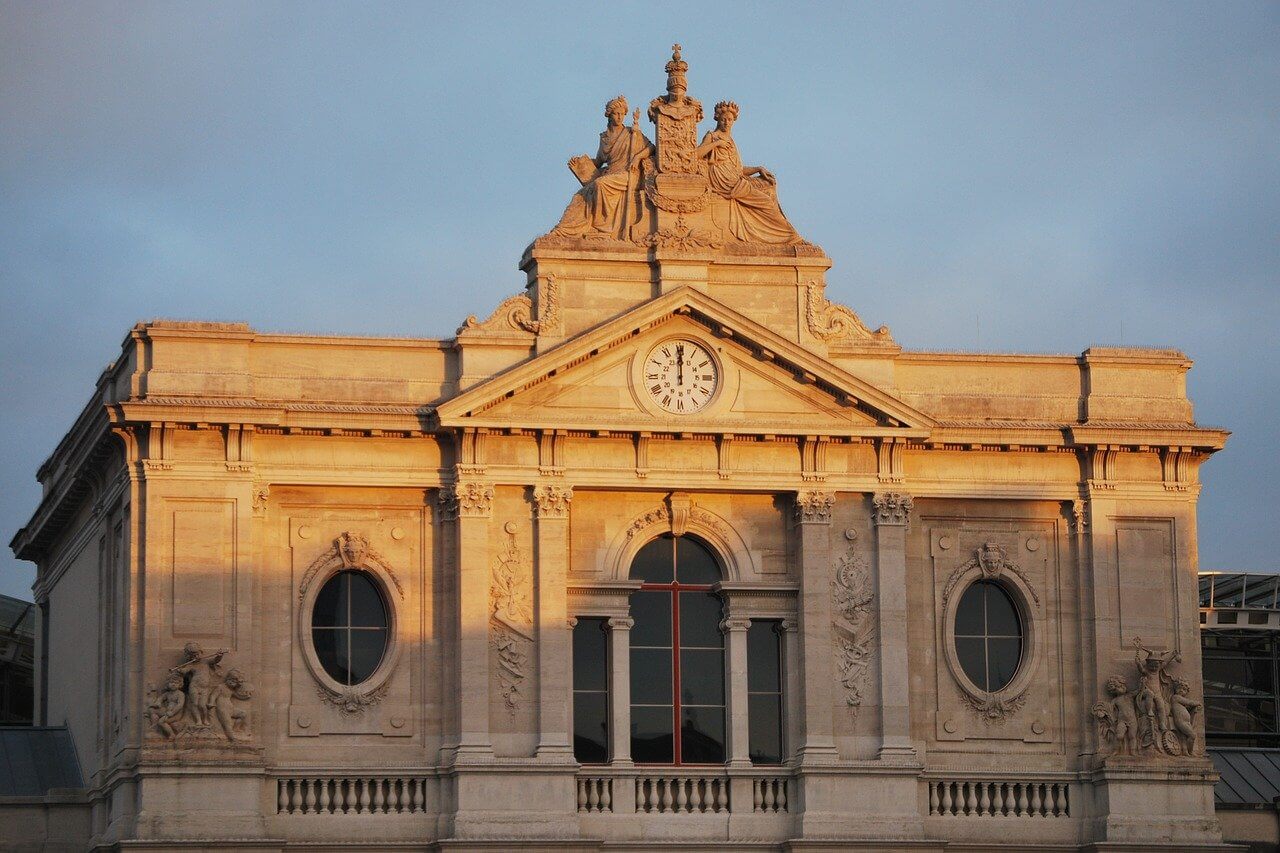Leuven, Belgium
Leuven aims to be among the frontrunners of the circular economy, and one way to do that is by embracing the European Green Deal, adopted by the EU in early 2020, in their future plans.
Leuven is full of positive initiatives already, and they want to build on them. The City aims to reduce its raw material consumption by every means available. Businesses finding smarter ways to use materials, innovative ways to build, sustainable clothing initiatives, offering services instead of products... Leuven considers the possibilities are endless if they move to a circular policy.
But reducing material consumption and being more mindful of the limits of the planet is a challenge that calls for no short measure of creativity and cooperation. Leuven is ideally placed, with its university, its host of innovative businesses, its strong social economy and its army of active citizens, to push hard for that circular future.
Circular initiatives
In the past few years, Leuven has already gotten a number of circular initiatives up and running. These include:
- A network of repair cafes has been initiated by active members of the public
- Initiatives like Sociaal Atelier and REused explore new ways of reusing existing materials
- In the social economy, a circular economy has been built from the bottom up through recycling shops and reuse-of-goods centres
- As part of EIT Food, Leuven has helped develop the Eco Food Map, a dashboard helping the city assess its agro-food and environmental performances. EIT Food is looking for other cities to scale-up the platform.
- For further info, please contact angelantonio.damario@eitfood.eu.


Circular challenges
Leuven aims to build on all initiatives that have already taken root in the city and to do whatever is necessary to give the circular dynamic a broader base and accelerate its spread. Such a circular strategy will have to address several major challenges. Most notably, initatives within the city need to be grouped together as part of a larger whole, the current thinking on circularity needs to be incorporated in the city's services to give more leverage to large-scale projects, and active citizens and their organisations must be allowed a structural foothold in the developing circular ecosystem. Finally, there is a need for vast knowledge in support of policy. The city needs to know where the main opportunities for a future-oriented circular economy are.

